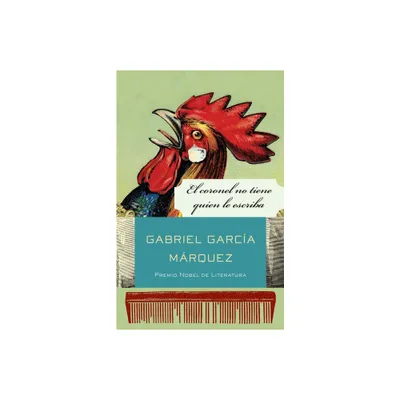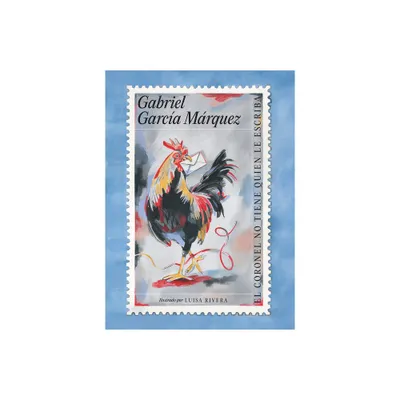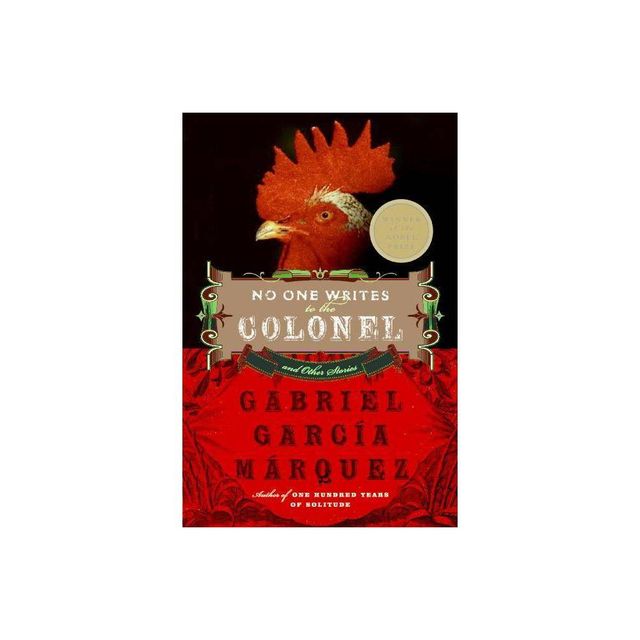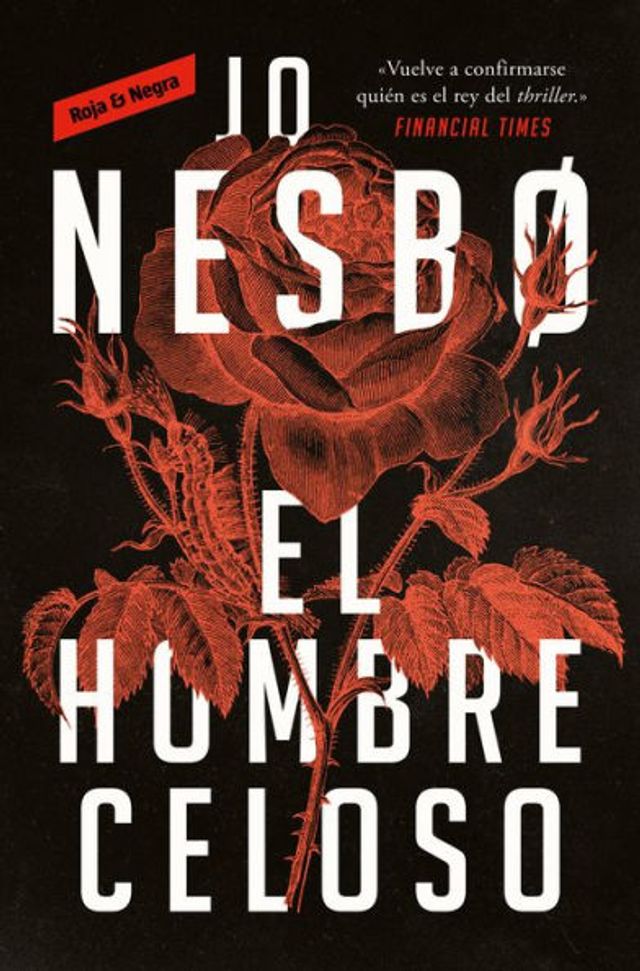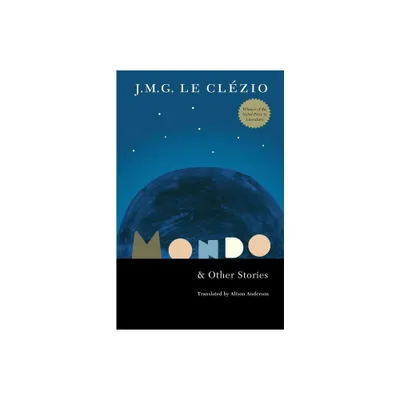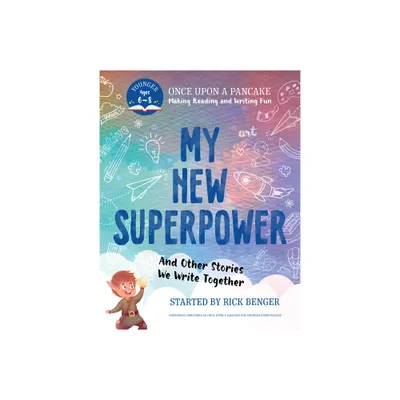Home
El coronel No tiene quien le escriba / One Writes to the Colonel and Other Stories
Loading Inventory...
Barnes and Noble
El coronel No tiene quien le escriba / One Writes to the Colonel and Other Stories
Current price: $10.99


Barnes and Noble
El coronel No tiene quien le escriba / One Writes to the Colonel and Other Stories
Current price: $10.99
Loading Inventory...
Size: Audiobook
*Product Information may vary - to confirm product availability, pricing, and additional information please contact Barnes and Noble
El coronel no tiene quien le escriba
fue escrita por Gabriel García Márquez durante su estancia en París, adonde había llegado como corresponsal de prensa y con la secreta intención de estudiar cine, a mediados de los años cincuenta.
El cierre del periódico para el que trabajaba le sumió en la pobreza, mientras redactaba en tres versiones distintas esta excepcional novela, que fue rechazada por varios editores antes de su publicación. Tras el barroquismo faulkneriano de La hojarasca, esta segunda novela supone un paso hacia la ascesis, hacia la economía expresiva, y el estilo del escritor se hace más puro y transparente. Se trata también de una historia de injusticia y violencia: un viejo coronel retirado va al puerto todos los viernes a esperar la llegada de la carta oficial que responda a la justa reclamación de sus derechos por los servicios prestados a la patria. Pero la patria permanece muda.
ENGLISH DESCRIPTION
The novel, written between 1956 and 1957 while living in Paris, and first published in 1961, is the story of an impoverished, retired colonel, a veteran of the Thousand Days' War, who still hopes to receive the pension he was promised some fifteen years earlier.
The colonel lives with his asthmatic wife in a small village under martial law. The action opens with the colonel preparing to go to the funeral of a town musician whose death is notable because he was the first to die from natural causes in many years.
The main characters of the novel are not named, adding to the feeling of insignificance of an individual living in Colombia. The colonel and his wife, who have lost their son to political repression, are struggling with poverty and financial instability. The corruption of the local and national officials is evident and this is a topic which García Márquez explores throughout the novel, by using references to censorship and the impact of government on society. The colonel desperately tries to sell their inheritance from their only son who is now dead and eventually the only reminder of his existence is a rooster that the colonel trains to take part in a cockfight.
fue escrita por Gabriel García Márquez durante su estancia en París, adonde había llegado como corresponsal de prensa y con la secreta intención de estudiar cine, a mediados de los años cincuenta.
El cierre del periódico para el que trabajaba le sumió en la pobreza, mientras redactaba en tres versiones distintas esta excepcional novela, que fue rechazada por varios editores antes de su publicación. Tras el barroquismo faulkneriano de La hojarasca, esta segunda novela supone un paso hacia la ascesis, hacia la economía expresiva, y el estilo del escritor se hace más puro y transparente. Se trata también de una historia de injusticia y violencia: un viejo coronel retirado va al puerto todos los viernes a esperar la llegada de la carta oficial que responda a la justa reclamación de sus derechos por los servicios prestados a la patria. Pero la patria permanece muda.
ENGLISH DESCRIPTION
The novel, written between 1956 and 1957 while living in Paris, and first published in 1961, is the story of an impoverished, retired colonel, a veteran of the Thousand Days' War, who still hopes to receive the pension he was promised some fifteen years earlier.
The colonel lives with his asthmatic wife in a small village under martial law. The action opens with the colonel preparing to go to the funeral of a town musician whose death is notable because he was the first to die from natural causes in many years.
The main characters of the novel are not named, adding to the feeling of insignificance of an individual living in Colombia. The colonel and his wife, who have lost their son to political repression, are struggling with poverty and financial instability. The corruption of the local and national officials is evident and this is a topic which García Márquez explores throughout the novel, by using references to censorship and the impact of government on society. The colonel desperately tries to sell their inheritance from their only son who is now dead and eventually the only reminder of his existence is a rooster that the colonel trains to take part in a cockfight.
